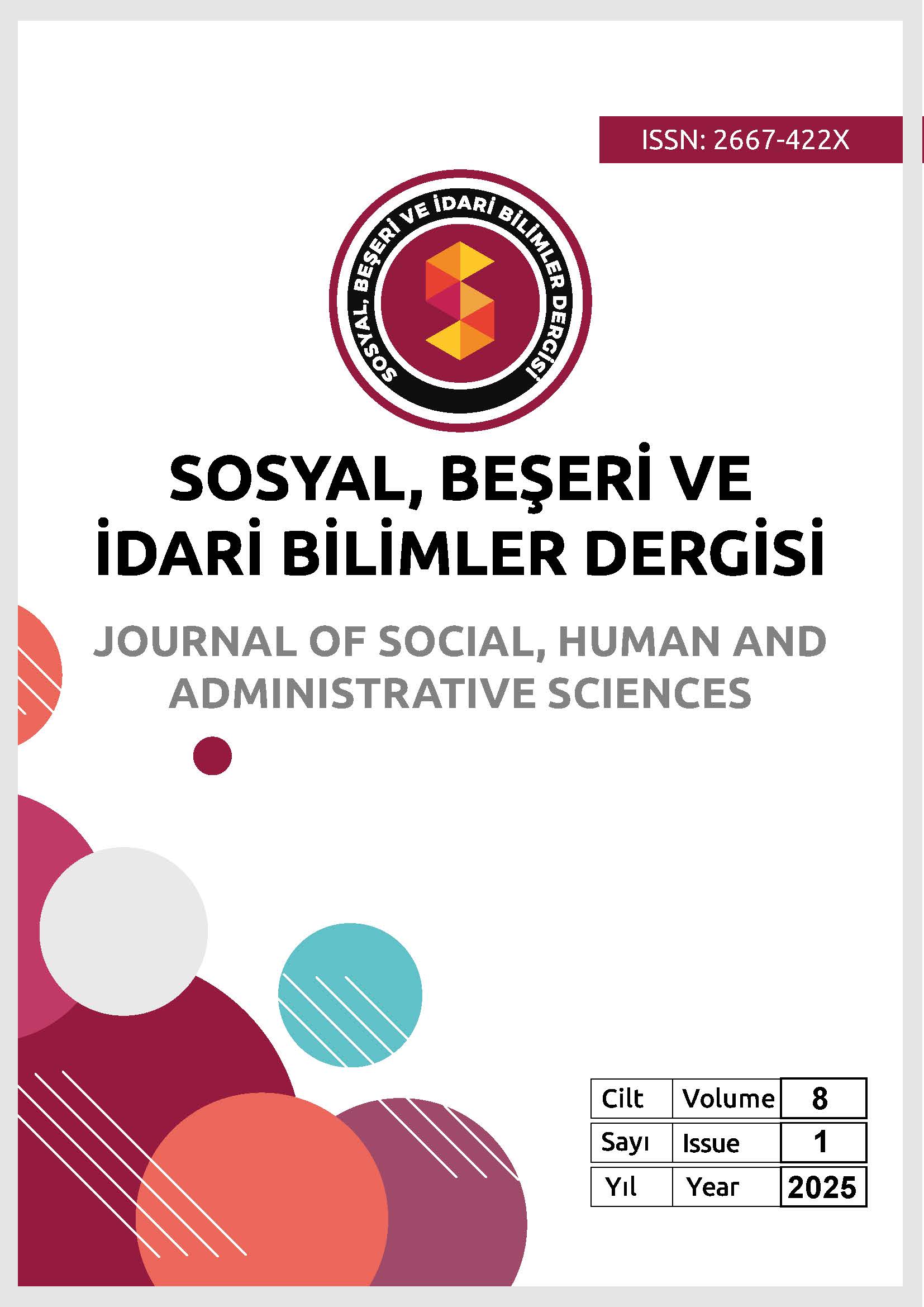Professional Development of Teachers in Early Childhood Education: Learning Rounds
Main Article Content
Abstract
This review study examines the use of learning rounds in early childhood education, discussing its theoretical foundations, implementation processes, and potential effects. The model is based on Bandura's Social Learning Theory, Vygotsky's Constructivist Learning Approach, and Knowles's Adult Learning Principles, and consists of three main components: preparation, observation, and analysis-discussion. Research shows that the model improves the quality of teacher-child interactions, increases developmentally appropriate practices, strengthens collaborative learning culture, and establishes systematic evaluation processes. Successful implementation of the model requires institutional support, leadership, establishment of professional learning communities, and development of sustainable implementation strategies. In the study, it is recommended that for the successful implementation of the model, teachers should conduct regular observation and assessment, necessary institutional support should be provided, policymakers should make arrangements to disseminate the model, pre-service teachers should experience the model in their professional practices, and long-term effects should be investigated. As a result, it is demonstrated that when systematically implemented in early childhood education, the learning rounds is an effective tool for teacher development and educational quality.
Article Details

This work is licensed under a Creative Commons Attribution 4.0 International License.

